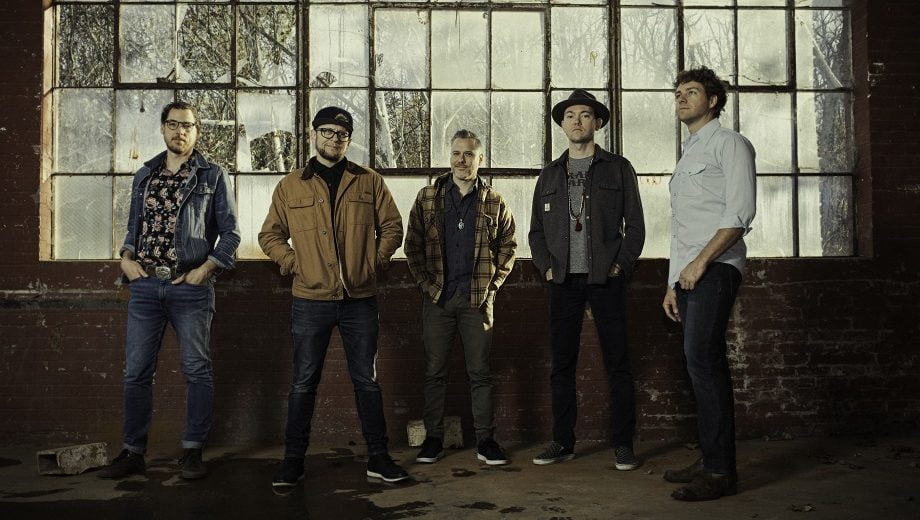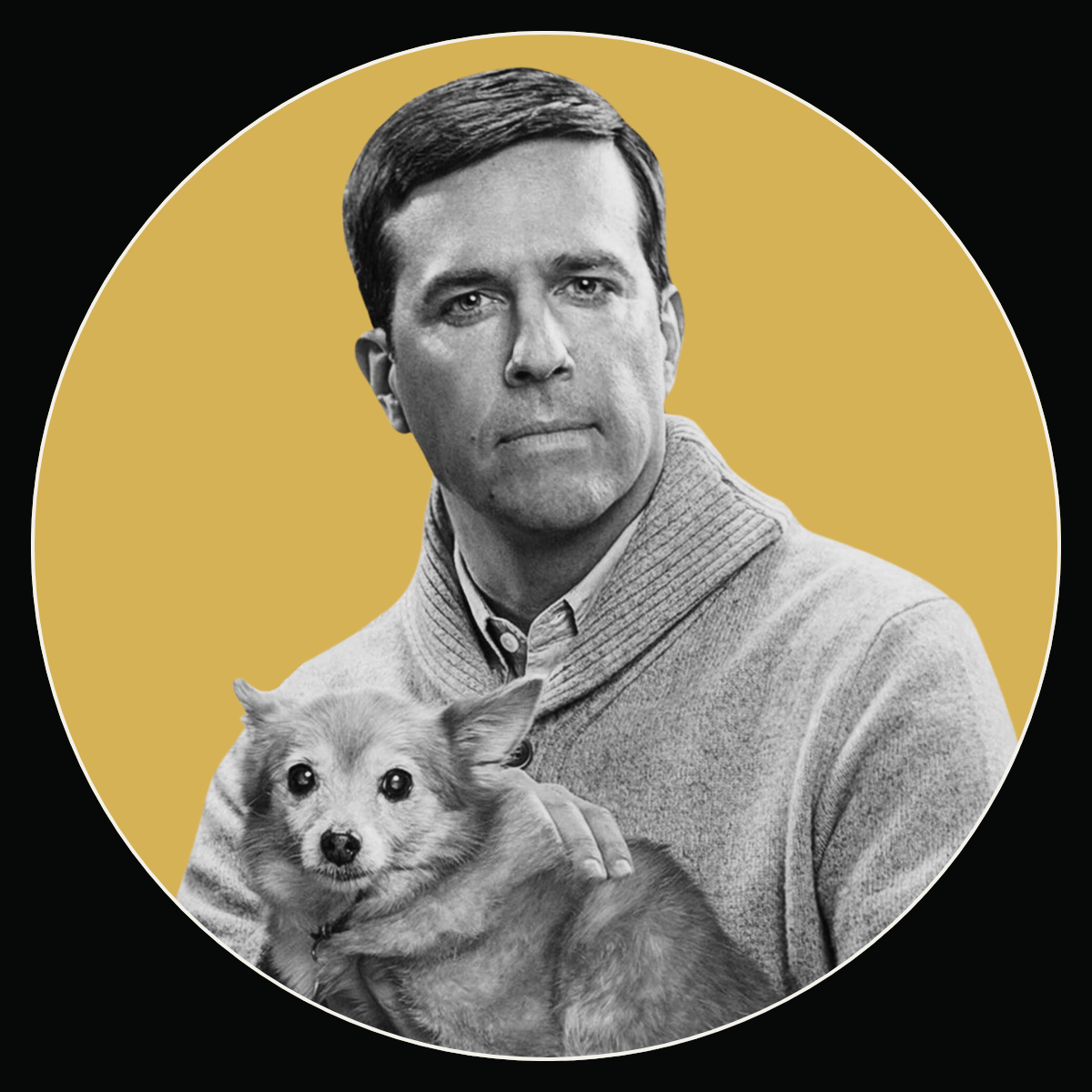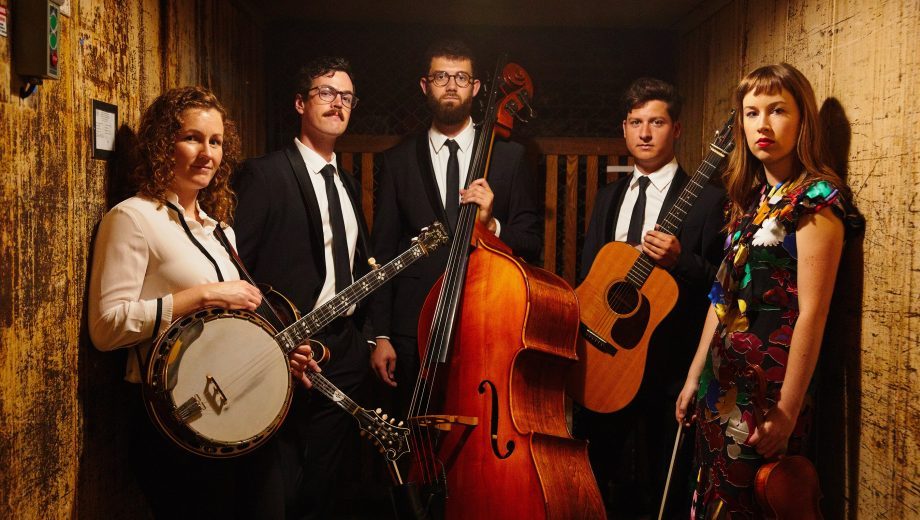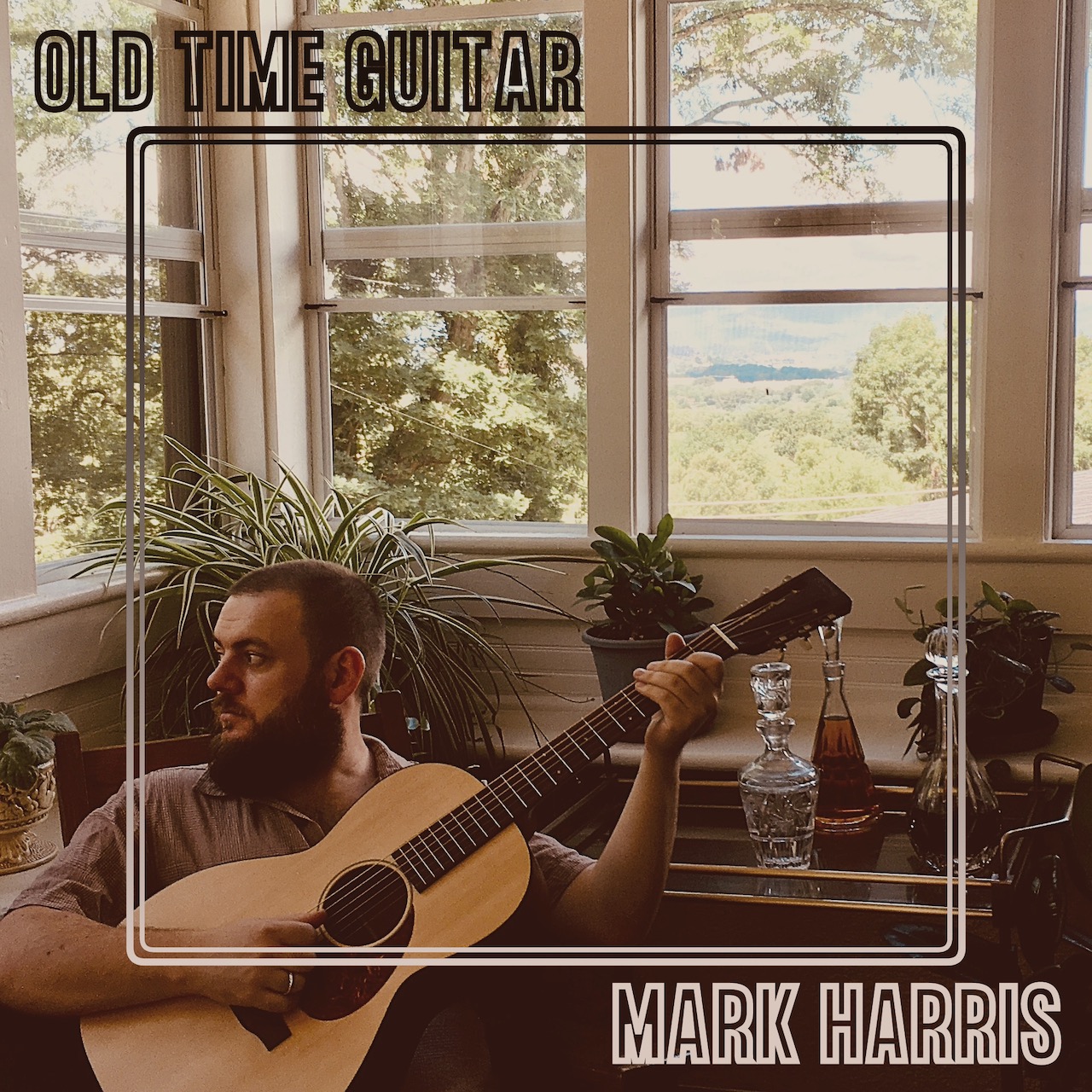The Infamous Stringdusters’ new album Rise Sun acts as an invocation. Across 13 tracks, the band — consisting of Andy Falco (guitar), Chris Pandolfi (banjo), Andy Hall (Dobro), Jeremy Garrett (fiddle), and Travis Book (double bass) — summon the light, which is all the more astonishing considering they tend to formulate their ideas individually before bringing them to the table. When the band came together to record the follow-up to 2017’s Grammy-winning Laws of Gravity, they found themselves interested in sharing a similar message: about hope, about love, about light.
As Book explains, “I only get to sing so many songs a night; I only get to record so many songs in a lifetime. What do I want those to look like? What am I trying to do here? Do I have the opportunity to raise the vibration? Do I have an obligation? I mean, these are the existential questions that I’m going through and we’re all going through as we’re making this record. That’s why it’s so oriented towards the light. It’s the opposite of Dark Side of the Moon.”
As with past albums, Rise Sun is dazzlingly energetic. But there’s also a sense of time—that strange paradox wherein it speeds up as it runs out—threading the project. It can be heard in Garrett’s swift, almost giddy fiddle on the opening title track, Pandolfi’s pacing banjo on “Truth and Love,” and the band’s shared meter, chiming as a mystical grandfather clock on “Planets.” The Stringdusters recorded the album in order, framing the songs with melodic interludes that bring the whole affair closer to the feel of their energetic live shows. As the band gets older and time ebbs, there’s still much to say — new messages that spread a little light.
BGS: You’re a bluegrass band famous for not coloring within the lines, so to speak. How do you set about stretching those boundaries in ways that make sense to both you and your fans?
Book: Our band can be challenging to listen to because it’s not one-dimensional. You’ve got four guys that sing, and every song sounds a little different, and certainly the way I approach every song is as though it’s its own universe. The people who are into our band, they’re ready to go wherever. If you’re into one singer or one style, you’re not going to get very much of that when you come to our show.
The album’s message revolves around wanting a better world, and so many songs involve some theme of light. Since you all write individually, how did you all cohere around that? Was it all kismet?
That’s what happened. It comes out of the culture of our band. We all live in different places, and this last couple of years has been transitional for all of us—in terms of our personal lives and our professional lives. We’re all firmly entering into the second half of our lives, and growing personally and spiritually, and digging in a little more deeply.
I think, for everybody, when that election went the way that it did, it tilted the axis of everyone’s awareness. When we would get together, we’d get into talking about real shit. It came as no surprise to me that when we all showed up with these song ideas, there were these themes emerging. We’re like a family oriented towards positivity and good attitudes and making everyone’s lives better, so when we go home, that pattern continues.
The band is no stranger to political fare, as with “This Ol’ Building.” And it’s not that any one track on Rise Sun feels overtly political, but what’s the band’s response to those listeners who want artists to keep art and politics separate? That seems nearly impossible nowadays.
Every act is political, I think. Why would an artist’s life be any different? Certainly, an artist has an opportunity—essentially a responsibility—to give voice to the larger questions, the larger existential crises of the culture.
Artists certainly can broadcast messages of humanity, of commonality at a time of particular divisiveness.
I can’t speak for the other guys, but when I was younger I thought it was really trite when I’d see an artist accept an award and they’d give it all up to God. I was like, “No, that’s you.” But as my awareness expands, and my gratitude for being alive increases, it seems there is a concept that I can much more closely identify with, where the idea that songs and concepts, so many of them, are already in existence. “Rise Sun,” for example, is a perfect example. I didn’t write that melody. I brought it into form, but that melody is almost timeless—it’s like gospel music. It’s not like I’m standing here, like, “God gave me that song,” but I brought it into form.
That’s the way I see the artist’s role. There is some responsibility and ownership over bringing this stuff into form, but these are concepts and ideas that everybody’s thinking about. Not everybody necessarily has the same angle on it, or the same opinion—not everybody is oriented towards the light—but these larger philosophical ideas, it’s all part of the collective consciousness. So for an artist, of course it’s political; if you’re doing anything and it has any intention or meaning, it’s political.
You all worked with Billy Hume again. What did that feel like, to return to the studio with him?
This one, we did in Denver. We recorded another record with him years ago, Silver Sky. It’s almost like Rise Sun is the third record in that.
Like a trilogy.
Yeah almost. Silver Sky is a really great record—it’s got that Billy Hume sound. He was more of a producer on that. He was more of an engineer on the last two records. Billy is incredibly skilled, and he has a great ear, and his work ethic is insane. He’ll work 16 hour days and never complain. The tone is great and it’s sort of a no-brainer—I’d assume we’d make another record with him.
Andy Falco said you guys don’t use click tracks and you don’t layer a lot during the production process. Do you record live to track?
Yeah, it’s great. These days, we get everything by the second or third take. A big part of it is preparation. We spend a lot of time figuring out how things are going to go before we go into the studio so we can reduce stress. Some bands go in and do all their figuring out in the studio. We have five people intimately entwined in the music, so like to check out everything, and see how it feels to play a song in this key, or tweak the arrangements. For us, sometimes it had a tendency to suck the life out of things, but recently it feels much more like we’re able to get things down, and then go into the studio and not be worrying, but just be deep in it and free-flowing and capture the best performance.
You chose the songs in order before you recorded them. How did that shift the recording process?
It was genius. What it meant was it took us a little bit of time to pick up speed. The opening track “Rise Sun” maybe would’ve been better if we tracked it the third day, but what it does mean is that the record has a very linear feel. We put a bunch of segues in there. It’s sort of like the live show, where a bunch of songs flow into other songs with musical interludes. I’m inside the record, but every time I get through the record and get to “Truth and Love” I start crying. It feels like I watched a Star Wars movie.
Well, talk about a heavy track. That one asks some real hard-hitting existential questions.
I get to the end and I’m overwhelmed by it.
“Planets” is such a standout, too, and I know your wife Sarah Siskind co-wrote that. The interlude that comes in around the 5:30 mark is so striking. Can you explain that moment?
We knew it was a good sonic opportunity, letting it all space out. That was a live take, that was us jamming, and then we overdubbed a little bit of piano.
You were talking about the collective unconscious earlier, but I think you all tapped into something cosmic there.
That wouldn’t surprise me, either—functioning on the astral plane. There’s a lot going on in the world that we don’t understand, or that we can’t quite quantify or make sense of, and it’s all very interesting. The way that things unfold and even just the making of a record is such an interesting combination of all kinds of random circumstances that leads to it. It’s all remarkable and amazing, and we’re all feeling really grateful to be putting this record out right now.



